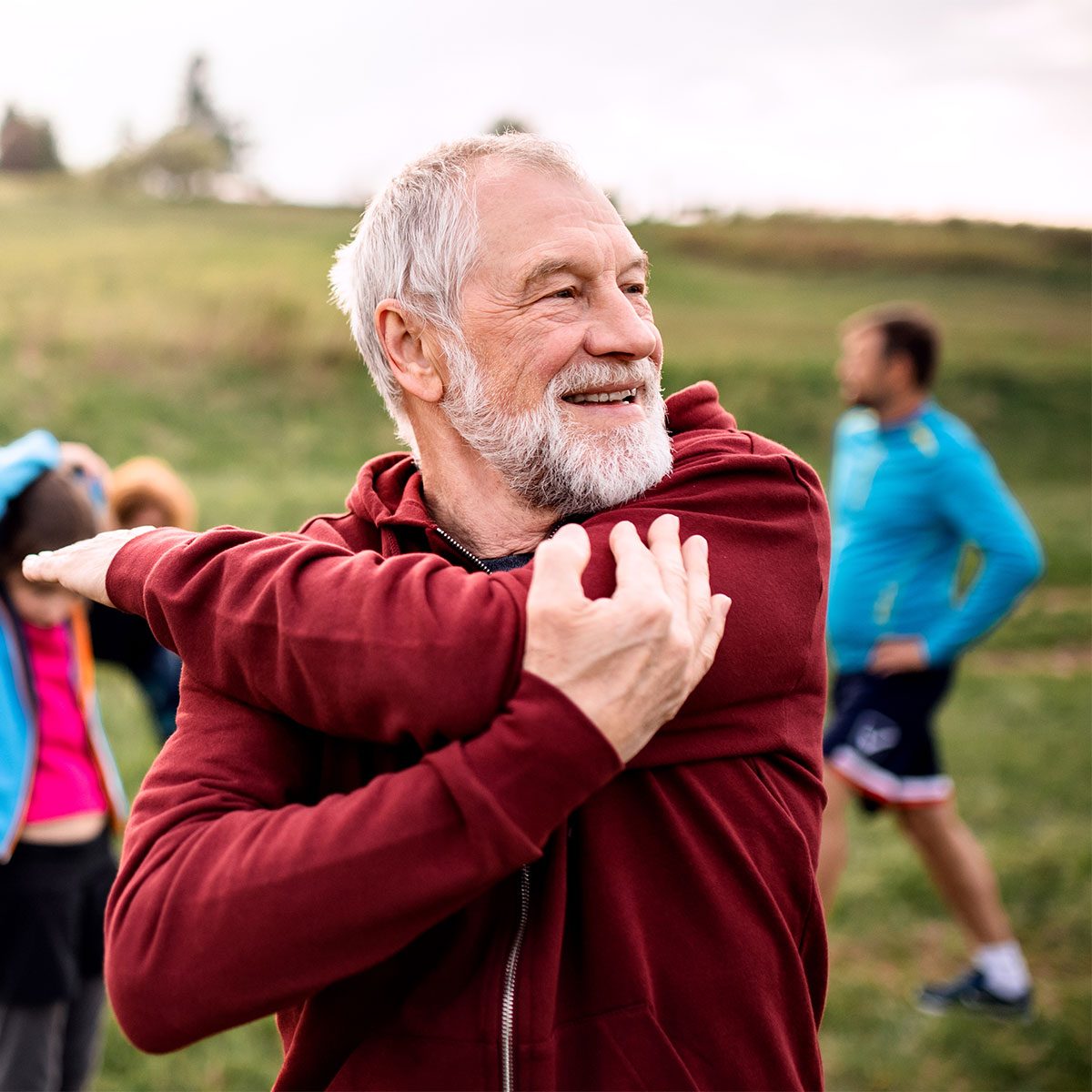Evidence Based Practices
Evidence based practices are key components to our holistic approach.
Treating the Mind, Body and Spirit, each therapy is designed to help a client progress in their recovery by healing their mind, strengthening their body and/or healing their spirit.
Key Components
Weekly sessions for individuals
3-4 times/day – such as Disease Model of Addiction, Relapse Warning Signs, Grief & Loss, Feelings: Guilt, Shame & Anger, Trauma & Addiction, Spirituality, Problem-Solving, Decision Making, Relationships in Recovery, Gender Specific Process, Support Systems, Educational and Vocational Goals, Health Effects of AODA
Client families learn about addiction, how to support recovery, family support groups
As clients reflect on their past, strong emotions may overwhelm them. Animal assisted therapy enables the client to use an animal to express their feelings, decompress and regain composure
using art to work through their trauma narrative
Yoga sessions increase physical movement, balance, concentration and for many a sense of peace
Begin to improve physical health and start a routine of activity. Exercise happens in our exercise room (treadmill, punching bag, bike, elliptical) trips to the YMCA for weightlifting, swimming, basketball, and healing yoga
Practice sober recreation in public spaces. Following their outing they process their experience as a group. Outings include activities such as hiking in parks, bowling, Madison Schools Community Recreation challenge course


Additional Focus
Work on activities of daily living (ADL), learn about the health consequences of nicotine, have an option to participate in smoking cessation, learn about their resources for aftercare, and learn about health issues related to use and to test for HIV and Hep C (presented by AIDS Resource Center)
Education regarding healthy eating and nutrition, Mediterranean diet, meals with fresh fruits and vegetables. Reduce available sugar/high fat treats, replace pop machine with water
Opportunities to explore and develop their spirituality. Each day begins with meditation. Opportunities to attend houses of worship, visit with a chaplain, attend Catholic mass once a week
Helping to find sober living, prepare aftercare plan – connecting to community resources for mental health and employment
Establish a primary physician if they don’t have one, follow up on neglected medical issues, medical stabilization
Help clients return to their routine of taking their medications as prescribed. Coordination of MAT (Medical Assisted Treatment) options with providers within your insurance network
Testing is done at intake, multiple times each week and anytime a client returns to campus following an appointment
Sober living panel, a monthly presentation from the Vivent to discuss health issues related to use and to test for HIV and Hep C. This is optional for clients
AA, NA at 5 Door Recovery and other locations